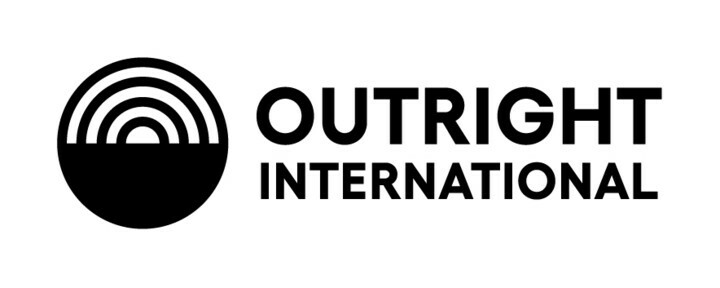Iraq
Iraq
Women are crucial allies to the efforts to eliminate extremism in Iraq. The Islamic State of Iraq and the Levant (ISIL) has contributed to a political landscape in Iraq historically characterized by sectarianism, ineffective judicial systems, high levels of government corruption, and high rates of violence against women, including sexual and gender-based violence. ISIL continues to use sexual and gender-based violence and rape as weapons of war— and targets women, particularly Yazidi women and other non-Shiite minorities, for sexual slavery among fighters.
Iraq acceded to the Convention on the Elimination of all Forms of Discrimination against Women (CEDAW) in 1986, launched the National Strategy on Combating Violence against Women in 2013, and launched its National Action Plan pursuant to Resolution 1325 in 2014. Iraq’s National Action Plan was the first launched in the Middle East. The Ministry of Women’s Affairs in Iraq has also developed a National Strategy for the Advancement of Iraqi Women, but due to the political climate it hasn’t been effectively implemented; similarly, laws banning forced and early marriages are rarely enforced.
Based on the work of NGOWG members and their partners, the NGOWG advocates for the Government of Iraq to clarify their shelter policies, in order to allow and support Iraqi NGOs in their efforts to operate shelters and provide much needed services to survivors of SGBV. Further, the NGOWG urges the Security Council to ensure that the United Nations Assistance Mission for Iraq (UNAMI) is regularly engaging with women’s organizations, and will continue to take concrete steps to support women’s participation in all peace and security processes.
Current and Past Recommendations to the UN Security Council (Monthly Action Points)
In its examination of the situation in Iraq, the Security Council must call for accountability for the serious violation of human rights against all groups and by all sides, including, abduction and human trafficking, sexual slavery and other forms of SGBV by ISIL (Da’esh); and reports of beatings, unlawful detention and the sexual exploitation and abuse of alleged ISIL-affiliated families by Government forces and allied militias during and after military offensives. Further, the Council should ensure the Iraq investigative team (established under S/RES/2379 (2017)) is inclusive, and composed of impartial and independent experts who have extensive expertise in collecting, consolidating, preserving and analyzing evidence, particularly pertinent to SGBV. In the face of ongoing genocide against the Yazidi people (A/HRC/32/CRP.2), and possibly other ethnic minorities, the Council should also take immediate measures, in line with the UN Genocide Convention, to suppress any and all acts of genocide. The Council should call for the expansion of current documentation and reporting requirements to cover all gender-based crimes including crimes against women human rights defenders, LGBTQI persons, men and boys, and their persecution for defying ISIL prescribed gender roles. In this regard, the Council should request an update on the implementation of the UN-Iraq Joint Communiqué on the prevention and response to conflict-related sexual violence. Recently an armed group raided a women’s shelter and kidnapped a member of their staff because of the lack of protection to NGOs that provide shelter. The Council should urge the Government to pass the draft Family Violence Protection law with proposed amendments from Iraqi women’s rights organizations, including provisions that clarify non-governmental organizations (NGOs) may provide shelters for women fleeing SGBV. Furthermore, the Council should call on the Government to immediately issue a directive to clarify that NGOs may provide such shelters while the draft law remains pending before the Iraqi Parliament.
Relevant Resources







